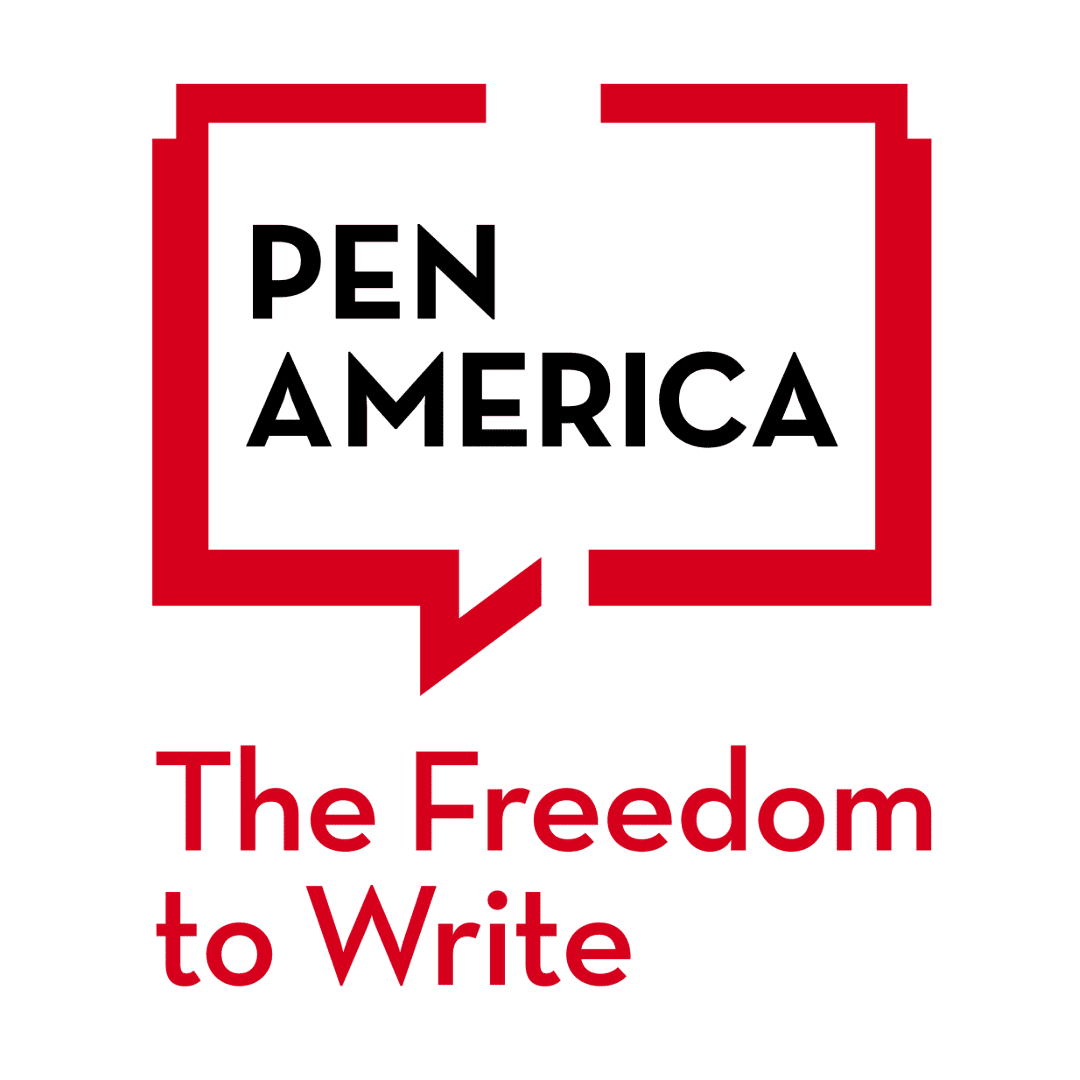Publishers and Authors Guild Sue Idaho Over Controversial Book Ban Law
Six major publishers—Penguin Random House, Hachette Book Group, HarperCollins, Macmillan, Simon & Schuster, and Sourcebooks—have teamed up with the Authors Guild and a group of authors, educators, and parents to challenge Idaho’s controversial book banning law, HB 710. This legislation, which took effect on July 1, 2024, targets public and school libraries, restricting minors’ access to materials deemed to contain “sexual content,” with an alarmingly broad and vague definition that explicitly includes depictions of homosexuality.
Joining the lawsuit are authors Malinda Lo, David Levithan, and Dashka Slater, along with the Donnelly Public Library District, a teacher, two students, and two parents. The plaintiffs argue that HB 710’s broad definitions and private enforcement mechanisms create a chilling effect on free speech, leading libraries and schools to preemptively remove books out of fear of legal repercussions.
A Law with Broad Implications
What sets HB 710 apart from other book bans is its provision allowing private citizens—not just government officials—to sue libraries and schools they believe are violating the law. This opens the door for what PRH’s vice president and associate general counsel Dan Novak described as “free roaming censors,” empowering individuals to bring lawsuits that could result in significant financial penalties for institutions carrying constitutionally protected materials.
“This isn’t about protecting children—this is about encouraging Idahoans to identify and target books at schools and libraries, winning damages, and eroding trust within communities,” Novak stated during a press conference.
The Donnelly Public Library, one of the plaintiffs, has already seen significant impacts from the law. The small, rural library reported a 44% drop in book checkouts since HB 710 went into effect. Lacking the resources to separate restricted materials, the library was forced to close its doors to anyone under 18. “Our programming—including after-school care—has been severely affected,” said library director Sherry Scheline. “It has become impossible to fulfill our purpose of serving the Donnelly community.”
First Amendment Concerns at the Forefront
The lawsuit claims that HB 710 violates the First Amendment by restricting access to constitutionally protected materials. Attorney Michael Grygiel highlighted that the vague provisions of the law have led many libraries and schools to self-censor, removing books from shelves rather than risking costly litigation.
“Rather than risk crippling liability, libraries are taking books away from the citizens who deserve access to them,” Grygiel explained. “This amounts to nothing less than a pronounced chilling effect on free speech, which is inimical to the First Amendment.”
Though the law went into effect in July, the plaintiffs waited to file the lawsuit to gather data and demonstrate the law’s real-world consequences. “We needed to show the court that the harm is not hypothetical,” Novak said. “There are people suffering under this law, and finding those willing to publicly join the fight has been a challenge in itself.”
Publishers Take a Stand Against Censorship
Penguin Random House CEO Nihar Malaviya emphasized the publisher’s commitment to defending free expression. In a memo to staff and authors, Malaviya wrote, “Penguin Random House will unequivocally stand up for free expression and work to protect the right to read. Publishing books that reflect the world we live in is essential to our mission and foundational to who we are.”
This lawsuit is the latest in a series of legal battles waged by publishers to combat book bans across the country. As Novak noted, “Government authorities cannot violate the First Amendment right to free speech by pretending that schools or libraries are constitutional no-fly zones. Banning books is the act of a government that has lost confidence in the power of its own message.”
As the case unfolds, it represents not just a legal battle but a broader fight for intellectual freedom and access to diverse voices in literature.
This post contains affiliate links. If you use these links to buy something we may earn a commission at no extra cost to you. Thank you.

